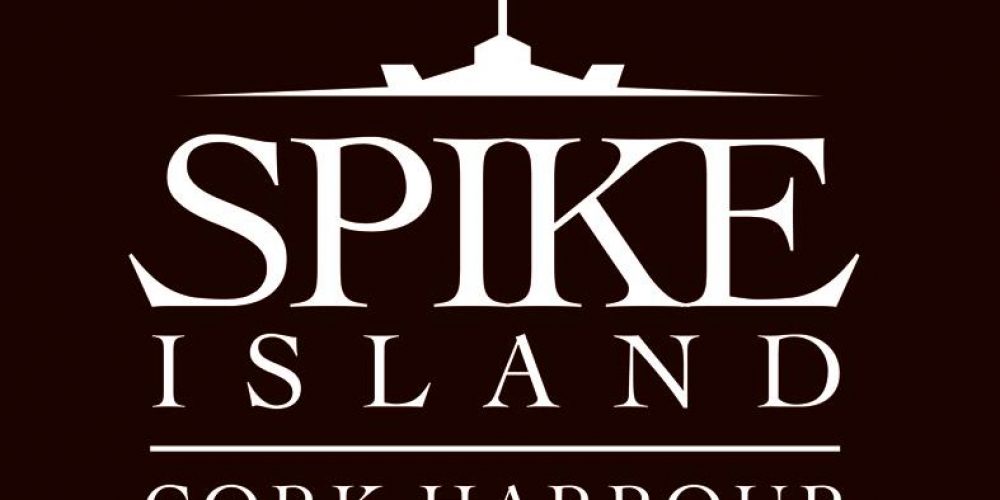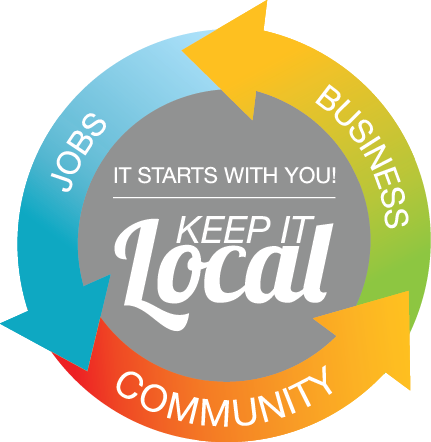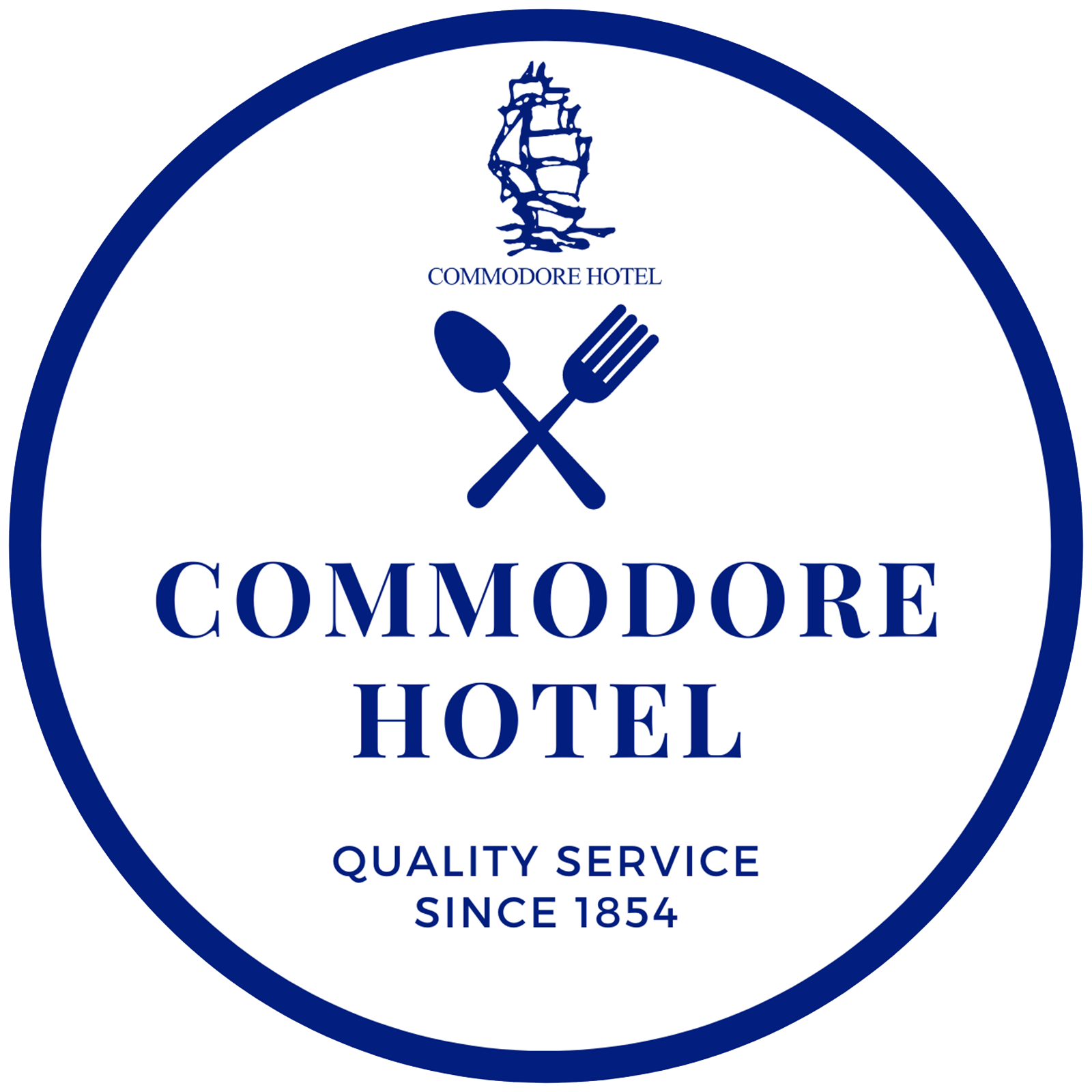I was not yet 4 years old but I can still remember the day we went to live on Spike. As the boat left the naval pier I remember asking my father “where is the pier going?” As it was my first experience in a boat, it seemed to me that the pier was moving away from the boat.
That was 1945, just after “The Emergency”, there was no war as far as Ireland was concerned, it was always referred to as “The Emergency”.
The island was being inhabited again after being evacuated for the duration of “The Emergency”. The main difference was that, the people who were evacuated were British and now they were being replaced by the families of Irish soldiers.
We were only the fourth family onto the island, but it filled up fairly quickly after that.
The school started almost straight away as there were quite a number of young kids there at the time, maybe 40 plus. I vaguely remember that first morning, a lot of tears were shed as the mothers left and we were left to the mercy of a stranger. I, and a few others had not yet reached our fourth birthday, but they were not so strict on age in those days.
That stranger turned out to be Miss. Coleman, who was from Monkstown and was okay once we got to know her. She taught in that school for many years after.
As the number of children got bigger, a second teacher was brought in. That was Brendan Hurley and he took the higher classes from about third class to primary level. When we got the results of the primary, it caused a bit of a stir as we were the first in history out of that school to get certificates. The school had been occupied by British students prior to that and they had their own form of examination. The exam only consisted of three subjects, English, Irish and Maths, which was known as Arithmetic, but it was as good as a masters to us.
That was as far as education went on the island. We had to go to Cobh after that for vocational education for the following three years.
Spike was a great place to grow up, even though money was practically non-existent. The recreational facilities left behind by the British were excellent.
We had a first class football field, complete with bandstand and dressing rooms. As well as Football, Hurling, Rugby etc. being played there by the Army, the Navy and visitors, it was also used for the annual sports, which was always a big occasion, almost as good as Cobh Regatta. We also had a 9 hole golf course which stretched around the entire island.
Nearer the barracks, there was a handball alley, squash court and inside the barracks there were tennis courts and a well equipped gymnasium, a snooker room and billiard rooms.
In the summer time, we had what was known locally as the swimming pool. It was just a part of the harbour on the western side of the island but it had a pier built out off the strand. Half way out was a diving board and out at the end was a diving platform, known to us as the “Tables”. It had three different levels to dive from. Of course, these could only be used when the tide was in, as at low tide it dried out completely. It was okay from about half tide up and the same down, so it gave about six hours a day when the tide times suited.
Almost the whole population spent the whole summer on the beach or in the water. The summers seemed to be much better in those days. You were guaranteed at least three months of sun and it seemed to be bright up to half ten or eleven at night.
Of course, that was before the introduction of TV and not every house had even got a radio. I can’t stress enough how scarce money was, no one had a penny from Sunday until Friday when they were paid again, and the money was so small that it only lasted for the weekend anyway.
When we got a bit older, we started to catch some fish and snare rabbits. This was to put food on the table more than recreation. Small Pollock were what we caught mainly and an odd Bass. Mackerel we plentiful enough during the summer, in the winter, everything was scarce.
The rabbits were very close bred, but they made a very tasty stew. Hunger is good sauce.
We also started picking Perry Winkles, which we also boiled and ate until one day when we were out picking on the strand, a man who was passing in a small boat with an outboard motor, came ashore and asked us what we were doing with the Perries. When we told him we were going to eat them, he said that if we picked a few bags, he would come and buy them from us. He said that he would be passing again the following week and he would call if we were interested. We were delighted to get the opportunity to make some money as we never thought it possible up to now.
So after picking all the week at every available opportunity, we filled a few bags, all the time keeping an eye on the channel to see if the boat was coming and sure enough, he turned up, complete with bucket and money. He said he would give us 2 shilling a bucket. He measured out all the Perries with this bucket and then he paid us. We were delighted when we got a couple of crispy pounds each, it was like manna from heaven. We were happy and he seemed very happy, the reason for his happiness will become evident later. We asked him if he would come again and he told us to watch out for him passing and give him a wave if we were ready. This was the only way we had of making contact with him.
Communication was very limited in those time, there was only one telephone on the island, outside of officer’s houses, to which we had no access, and we could only use the phone in an emergency, even then we had to get permission from the Army.
He passed at regular intervals after that as more people got in on the act and he seemed to have an endless supply of money.
One day we had a lot of Perries and it was a while since he paid a visit, so we thought we had seen the last of him, but as we watched the channel, anxiously, he appeared out of the blue. The problem was that it was high tide and all the bags were under about eight feet of water.
Dan was the best swimmer in the crowd so he was elected to dive for the bags. He went in to the house, put on his togs and came across the road. He brought every bag of Perries up from the water that day. He was the hero of the day as it affected the whole economy of the island. That night, some of the men had a few pints and the women had a few bob to go to Cobh the next day.
That man, whom we never found out his identity, told us he was coming from Currabinny, but I don’t believe that. He ripped us off for nearly two years until someone found out, accidentally, that the perries were being bought in Cork for about three times what he gave us, so he became a rich man and we learned a good lesson, even if it was costly. Just in case anyone could identify this man, he was missing a piece of a finger, so he was nicknamed “Two Thumbs”.
Perry picking was better organised after that and even though it was hard work, a fair price was paid by the exporters. It continued to be a part of the economy up to the time that the island once again became uninhabited due to the introduction of a prison in the barracks.
Around 1952 I became an alter boy. We had a small church on the island where we had mass every Sunday morning at 9.30am. The priest, who was an Army chaplain, lived in Haulbowline, and came by boat to say this mass. He would leave again straight after and would not return until the following Saturday for confessions.
There were just two alter-boys on at each mass. The most experienced boy always looked after the right hand side as that was the most complicated job. Anyway, after a long apprenticeship on the left side, the day came when I had to do the right side. This was a big move for a 12 year old and I remember being very nervous about it, not getting much sleep the night before.
Father Crowley arrived that morning looking very rough. He wasn’t shaved and with benefit of hindsight, I would guess that he had a hangover. In those days, we didn’t believe for a moment that priests were subject to the things that ordinary mortals had to suffer.
Mass began and went okay for a while until time came to ring the bell. Between nerves and the rough look of that priest, I was confused and rang the bell at the wrong time. Father Crowley turned around and kicked the bell out of my hand and it made twice as much noise as it made contact with the sacristy door. It was a very embarrassing situation for me, apparently not for the priest. Thinking rapidly, I decided to try not to panic, my first thought was to leave the church there and then and risk burning in hell, but some higher power guided me that morning and I stood up and brought the bell back to where it was supposed to be. We got through mass without further incident. Returning to the sacristy, we all had to change in the same little room, 2 alter boys, the priest and the sacristan were all in there. I was half expecting some sort of an apology which was not forthcoming, he never spoke a word that morning.
This incident was the topic of the day and many days to come, remember, this was witnessed by the whole congregation, in other words, the whole population as nobody missed mass in those days. I stayed away for the next 3 weeks, naively waiting for an apology, which never came. Joe Ryan, who was sacristan at the time came to the house and asked me to go back as it was not easy to get alter-boys then. He finally talked me into it and I went back. Father Crowley never referred to it again. He was replaced some time after that by Father Murphy with who I served for the next 3 years or so. That was my first indication that priests were human. If it happened today, I would drive it down his throat. He did so much psychological damage to me.
On a lighter note, around about the same time, a farmer brought some sheep to the island. There were about 44 acres of grazing there for a very small fee. Dinny Leary from Blackpool got the rights of this grazing for about 10 years. He had to have a resident of the island to look after the stock as he would only pay occasional visits, to shear sheep, to take lambs to market etc. Mrs O’Shea got the job. This included cutting thistles and other weeds off the whole island every year. I got a job with the O’ Shea’s to cut the thistles. It took us about six or seven weeks to cover the whole island. At the end of this, I got the princely sum of 10 shillings. 50p in today’s money but at that time it was fairly valuable. Mrs O’Shea got £8 for the contract.
After a few years, the O’ Shea’s left this Island to live in Cobh, which was everybody’s ambition some time. My father took over the job of looking after the stock. That meant that the job was mine and he would supervise and collect the money. There was no agreement about money, but anytime he visited he would hand over maybe £2 which was very welcome then.
We had a very bad year about 1955 when a lot of the lambs were dying! I was getting familiar with the job by this time and the farmer offered me £2 a week to look more closely at the stock. This was serious money then, but it included burying dead carcasses and assisting at the birth of lambs, also milking goats which were running with the sheep and cattle to eat poisonous weeds which did not affect the goats.
This money only lasted for about 8 weeks while the lambing season was on. On one occasion he came and killed a kid goat and gave it to us for meat. I won’t forget the way he picked up that kid goat, about 6 weeks old, he took a knife from his pocket and cut the goats throat. He then bled the goat and with the same knife he had it skinned and cut into chunks of meat in a matter of minutes. That time is my first recollection of having meat for a couple of days in a row. It was the nicest meat I ever tasted. It was a pity there were no fridges there then, we could have had meat for a couple of weeks but we had to give it to the neighbours who were delighted to get it.
Something similar happened about a year after that. This time it was a lamb who got trampled when trying to get the sheep into the pen. The lamb was injured so Dinny produced the knife again and made quite a few people happy for another while.
My father was instructor to the FCA and he had great influence with the commanding officer of the FCA at the time. Jim Aggers was the C.O. then and my father asked him to let me join the FCA that year. I was 15 years old at the time, but Jim said if you could make him look 17 that will be ok. I, and two of my friends met Jim on the hill on a Thursday night and he passed us on the spot.
I served in the FCA for about five years after that. Perhaps I should explain that the FCA was a civilian wing of the army and the initials were Irish for LDF which meant Local Defence Force.
We had to meet every Thursday night in uniform where we learned to fire rifles, hand-grenades etc. This is where my father came in as he was a full time soldier and a brilliant instructor. These meetings were attended by us on a voluntary basis and we had to travel from Spike to Belmont huts to be there. There was no payment for these meetings but you had to have a certain amount of hours in, in order to qualify for Summer Camp.
Summer Camp consisted of two weeks full time at a barracks for which we got full soldiers rate plus a bonus at the end of the two weeks of £6. The Soldiers rate at the time was about £3.50 per week so we had a total of £13 for the two weeks.
It is very difficult to explain the value of that in today’s values. The only word I could think of to emphasise it enough would be priceless.
The first two years Summer Camp, we spent on Spike Island which was where we lived anyway, but it was strange to leave our own beds to sleep in the barracks.
As kids, the barracks was out of bounds to us and now suddenly we were allowed to sleep there. We were called every morning by a bugler at a very unfamiliar hour. We then had to have a quick wash and shave in cold water and dress in full uniform straight away. We then had to fall in line and march to the dining hall for breakfast. This consisted of a rasher and egg, which were cold, three slices of bread with enough butter for one, and strong tea. The tea was always hot and strong. This was the only thing that kept us going.
From there, we went on nine o’clock parade where we were inspected by the commanding officer. The next two hours were spent on the square, marching and drilling until eleven o’clock. Then we got a break for tea, it was just tea, nothing to eat with it. 11.15, back to work until 12.30, dinner time.
Dinner was 1 slice of meat, maybe bacon or 1 small chop. One spoon of vegetables, which were nearly always dumped and 2 small spuds. Strong tea was always served again after dinner.
2 o’clock, fall in again and graft away until 4.30, tea time. There were no sliced bread that time so a ration of bread was ¼ of a loaf, this again, came with a small bit of butter which most fellows could only get 2 slices covered.
The highlight of the camp was Thursday of the second week when we went to Carlisle to fire the 6” guns.
The gun crew consisted of 9 people, 6 were gunners who loaded the shells and the other 3 were layers who were on the telescopes and instruments. I was a layer, thanks to my father, he used his influence to get me on as a layer. We had trained all year on a dummy gun, but now it was the real thing.
Billy Regan, who has since died, was the autosight layer that day and it was my job to tell him when we were on target, then he would fire the gun. It was a foggy day and I told him I was ready as I could see the target and he fired. Then the fog cleared a bit and I saw through my telescope, the harbour commissioner’s mud boat, making for cove in behind Crosshaven. These shells were only sand filled but could be lethal.
We got tea and cheese sandwiches at these meetings.
The firing of the guns signalled the end of the annual camp and nearly always ended with a celebration in the mess that night. The shoot was re-lived and usually it got better as the night wore on and more porter was consumed. The following day we (the FCA) and the reserves would finish up and leave camp for another year.
The reserves were ex-soldiers who came back annually to keep up to speed with guns and to keep in touch with their friends and comrades with whom they had served with for a number of years.
I stayed in the FCA for a few years until I got a job in Irish Steel. I could no longer attend the meetings due to shift work.
I think it is over a year since I have written anything and I’m not sure where I was last, but one thing comes to mind to make me continue.
On my tenth birthday, which was on the 9th of November 1951, my mother organised a party for me. It was a special kind of party as I had been very sick for some weeks before and I was due to go in to hospital soon after.
My memory is vague, but I can remember Joey Ryan came and he brought a comic, the Dandy. Jimmy Callaghan brought me a small bar of Cadbury’s Chocolate, the sound like very small presents but in those days, they were quite acceptable. The party lasted only a short time as I was so sick.
Just to illustrate the seriousness of this illness, I had a grandaunt, Mame, who lived in Cobh on her own as her husband, Bob, was a sea-man and was seldom home. They had no family. Mame was well known for minding sick and dying people and stayed with many of them until they drew their final breath. Sometimes, she helped their nerves with a little drop of whiskey if she had the money. Anyway, Mame came to Spike to stay with us for a few weeks and she stayed up at night with me for a long time. I can still remember the pain, it was so bad.
I was under Dr. Dalton who had a bad reputation at the time. Drink was his problem, but when it came to getting a doctor to visit Spike Island, your options were very limited. He visited regularly for weeks and I recall my mother telling me that he had biro marks down my spine to prove that it was curved, a fact that could be seen by anyone as I was suffering from pleurisy and pneumonia, my lung on the left side was seriously affected. Just five days after my birthday, I was shifted to St. Finbar’s Hospital.
The ward was policed by a nun, Sister Aiden who looked and spoke like a man. She walked through the ward every morning in full battle dress and frightened the shit out of us all including the nurses.
Parents were allowed to visit on Wednesdays and Sundays but had to stay in the corridor, looking through the glass panels, they were not allowed into the ward. One Wednesday in every three, one parent had to meet with the Doctor. This was a job my father took as it involved walking through the ward to the Doctor’s office. He always came over to my bed as he passed with a bag of sweets and stuck them under the sheets, if he was caught doing this, he would never have been left in again. This was very distressing for me even though I was glad of the sweets when he was gone. I realise now that it was much more distressing for him.
Transport was very scarce at that time, it was hard to get to the hospital on Sunday. They had to go to Rushbrook and get a fellow to ferry them to Monkstown where they would get the bus to Douglas and go to all that trouble again to get home.
I got a blood transfusion, an operation which could be compared to open heart surgery, this was in the early 50’s. I also received the last rites from the priest. Few people survived after this and I can clearly remember thinking that it was all over. I was as near as possible to happy the next morning when I woke.
Just for the record, Dr. Dalton died in a car crash a few years later.
to be continued……..




